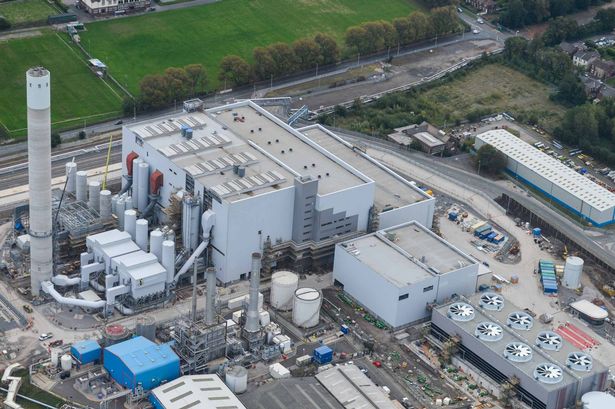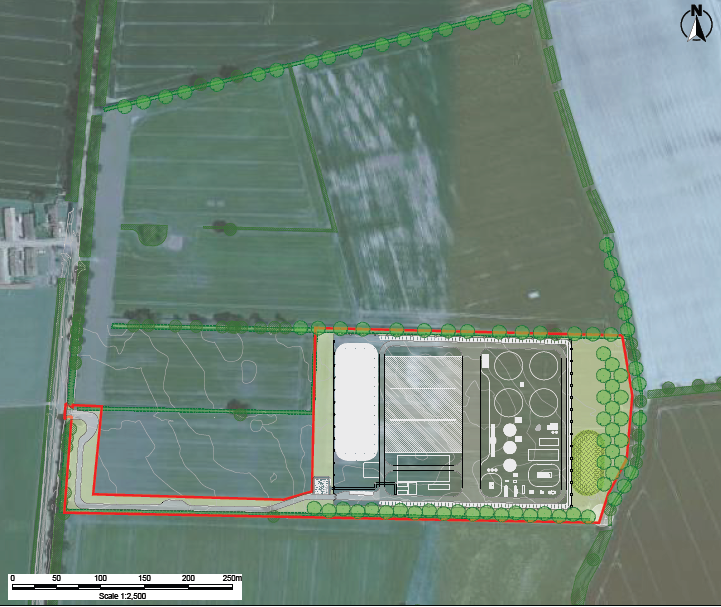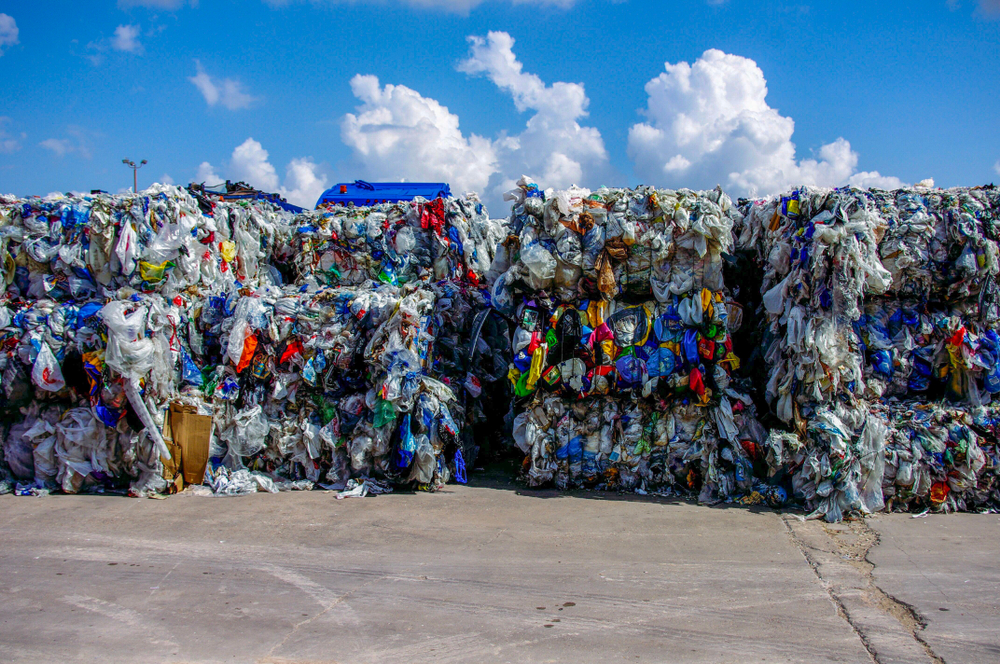In Tolvik’s ninth annual report, published today (10 May), the company reported that the number of operational facilities rose by three to 57, after Covanta’s Rookery South, Equitix’s Baddesley and Engie’s Energy Works Hull facility began processing waste.
Three facilities (Sinfin Road ACT, Hoddesdon ACT and Newport), have been categorised as “mothballed / decommissioned” and excluded from further analysis.

Rise
The 2.6% rise in tonnage was the lowest annual increase in EfW inputs since Tolvik’s annual EfW statistics report was first published in 2014.
This was put down to the fact the new plants had lower capacity than in previous years, although 2022 also saw the lowest average EfW availability since 2015.
Tolvik also noted that a significant number of operators made reference to the adverse impact of gas canisters in residual waste on EfW reliability.
Local authority
Based on a detailed review of entries and Wastedataflow for 2021/22, Tolvik estimated that in 2022 76.3% of all EfW inputs were derived from local authority collected waste, with the remainder commercial and industrial waste.
This remains similar to 2021, where 77% was from local authorities.
Technology
For those EfWs which were operational for the whole of 2022, the average availability based on waste combustion hours was 87.7% (2021: 88.6%).
For the six reporting advanced conversion technology (ACT) plants, the average availability during 2022 was 58.3%, up from 48.5% in 2021.
Excluding these ACT facilities, the weighted average availability for waste combustion at “conventional” EfWs during the year was 89.4% (2021: 90.6%).
Exports of heat fell to 1,845 GWh in 2021, down 4.1% from 2021. This offsets part of the 11.8% rise seen between 2021 and 2020.
Runcorn
Viridor’s Runcorn facility processed the most waste again despite a 27,000 drop in annual throughput. There were 957,000 tonnes processed at the facility.
Cory’s Riverside and Suez’s Tees Valley plant round off the top three. Cory’s plant processed 782,000 tonnes in 2022, down 7,000 tonnes, while Tees Valley was unchanged at 675,000 tonnes.









Subscribe for free